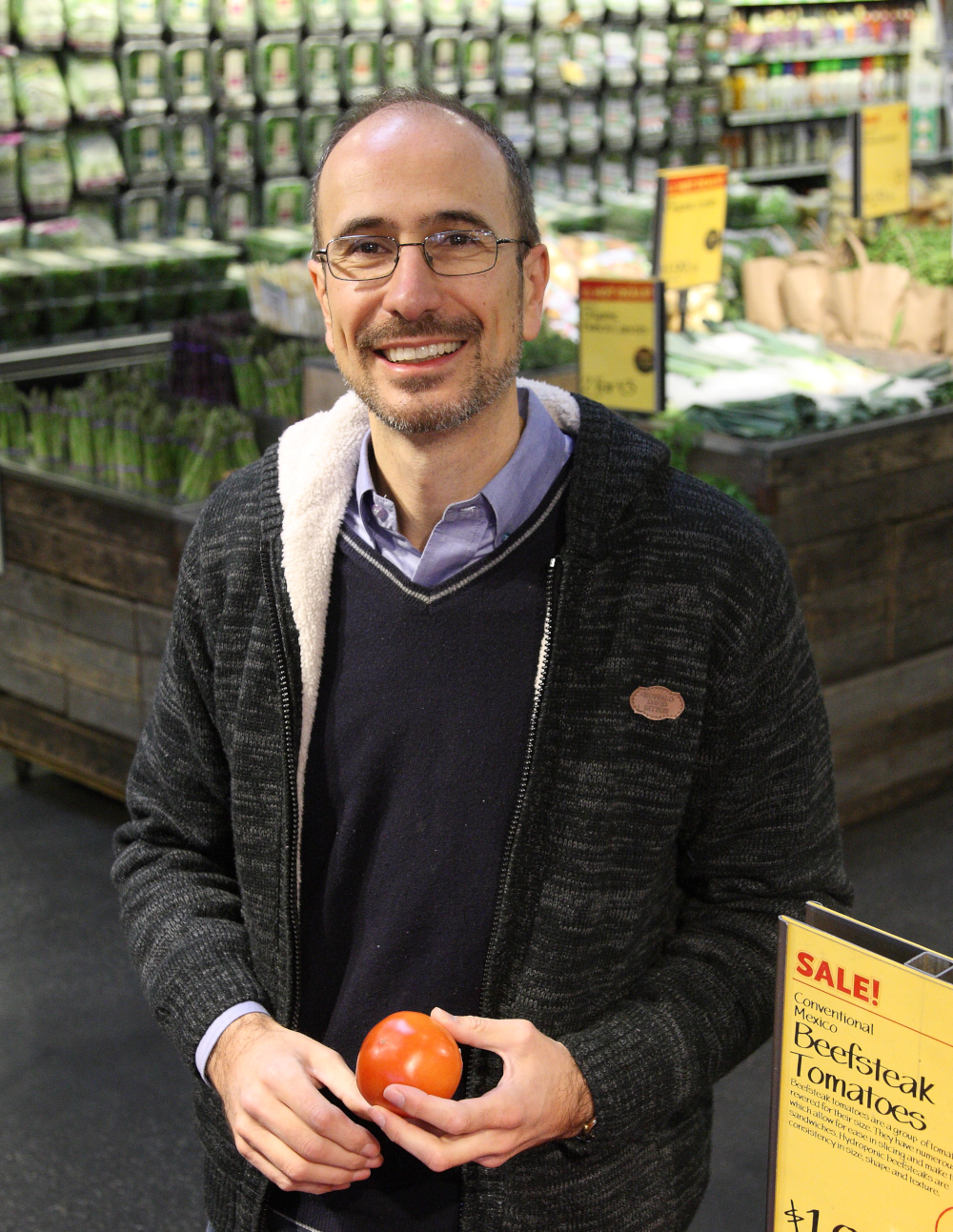Wednesday February 27, 2019, from 12:30 - 1:30 pm in the Student Services Building Room 120 (SSB120). Luncheon with the speaker at 11 am, at SE2 290.
Snacks and beverages will be provided during the seminar. Please, bring your own mug to reduce waste.
Water controls on food and energy security
Abstract
The increasing global demand for farmland products by the growing and increasingly burgeoning human population is placing unprecedented pressure on the global agricultural system and its water resources. Many regions of the world, that are not self-sufficient because of chronic water scarcity or lack of suitable agricultural land, strongly depend on the imports of agricultural commodities and associated embodied water. Trade and foreign land acquisitions are leading to a displacement of land use and a disconnection between human populations and the water resources they rely on. These phenomena are reshaping the patterns of water dependency through teleconnections between consumers and production areas. Competition in water use for food and energy production constitutes the core of an emerging debate that is stimulating new questions on the environmental, ethical, economic, and policy implications of human appropriation of water resources. This seminar will examine the ways water resources may constrain food and energy production and the ability to meet the growing societal needs.
Bio
 Paolo D’Odorico is Professor of Hydrology at the University of California, Berkeley. His research focuses on the role of hydrological processes in the functioning of terrestrial ecosystems and societies. His work has analyzed the coupling between hydrological processes and the biota, and contributed to the field of ecohydrology. Through field observations and modeling he is studying new mechanisms of desertification and factors contributing to the resilience of ecosystems at the desert margins. He is currently investigating the global patterns of water use for food and energy production and their impacts on water equity, societal resilience, and food security.
Paolo D’Odorico is Professor of Hydrology at the University of California, Berkeley. His research focuses on the role of hydrological processes in the functioning of terrestrial ecosystems and societies. His work has analyzed the coupling between hydrological processes and the biota, and contributed to the field of ecohydrology. Through field observations and modeling he is studying new mechanisms of desertification and factors contributing to the resilience of ecosystems at the desert margins. He is currently investigating the global patterns of water use for food and energy production and their impacts on water equity, societal resilience, and food security.



